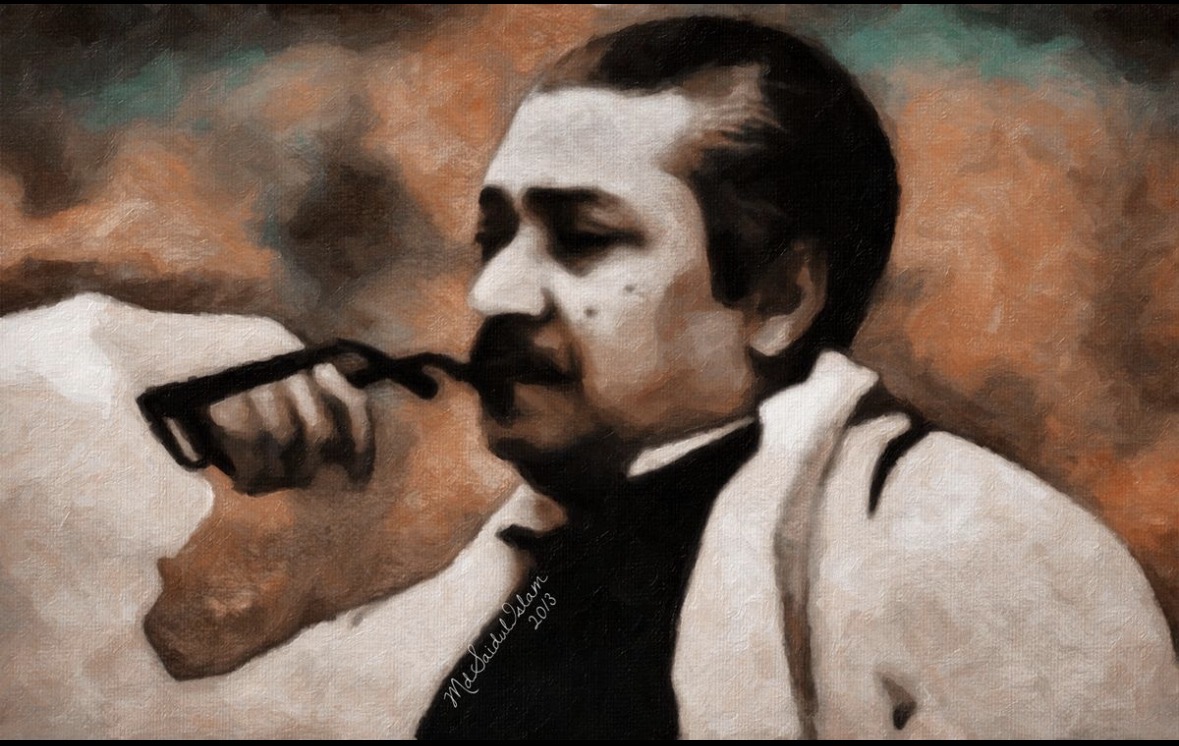Bangabandhu Sheikh Mujibur Rahman, the great leader of Bangladesh’s independence—respected as the Father of the Nation. However, like every historical leader, his tenure had both light and dark sides. Today’s discussion focuses on that ‘dark side’ which researchers and critics have debated.
1. Famine and Corruption (1974)
During the 1974 famine, nearly 1.5–1.6 million people died. Although food was available in the market, syndicates, corruption, and failures in the distribution system prevented ordinary people from getting it.
👉 Historian Naomi Hossain says, “The famine was the main reason for the decline in Awami League’s popularity.”
2. Repression by the Rakkhi Bahini
Formed in 1972, the Rakkhi Bahini was initially tasked with maintaining security but soon became a symbol of fear.
- Suppression of opposition parties
- Extrajudicial killings
- Abductions and torture
These actions angered the general public.
👉 Badruddin Umar says, “The Rakkhi Bahini alienated the Awami League from the people.”
3. BAKSAL and One-Party Rule
In 1975, he formed BAKSAL, abolishing all political parties and establishing a one-party system.
- Control over newspapers
- Suppression of political opposition
- Restriction of civil liberties
👉 Critics see this as the death of democracy.
4. Arrogance of Leadership and Public Discontent
Sheikh Mujib was charismatic but, according to critics, sometimes became arrogant.
- Allegedly did not pay enough attention to the suffering and hardships of the people.
- Especially the lower-income class suffered the most during the famine, but their plight was largely ignored by the state.
5. Absence of Public Mourning after the Assassination
When he and his family were assassinated on 15 August 1975, many people reportedly celebrated in the streets and distributed sweets.
👉 Professor Naomi Hossain says, “There was hardly any visible public mourning.”
This indicates that by the end, he had lost the trust of the people.
Conclusion
Sheikh Mujibur Rahman is undoubtedly the father of independent Bangladesh. But in the later years of his leadership, famine, corruption, repression by the Rakkhi Bahini, BAKSAL, and alienation from the public are marked as his dark side in history.
A great leader can give birth to a nation, but poor policies and decisions can also provoke public anger—this is the greatest lesson of Sheikh Mujib’s governance.

No comments:
Post a Comment